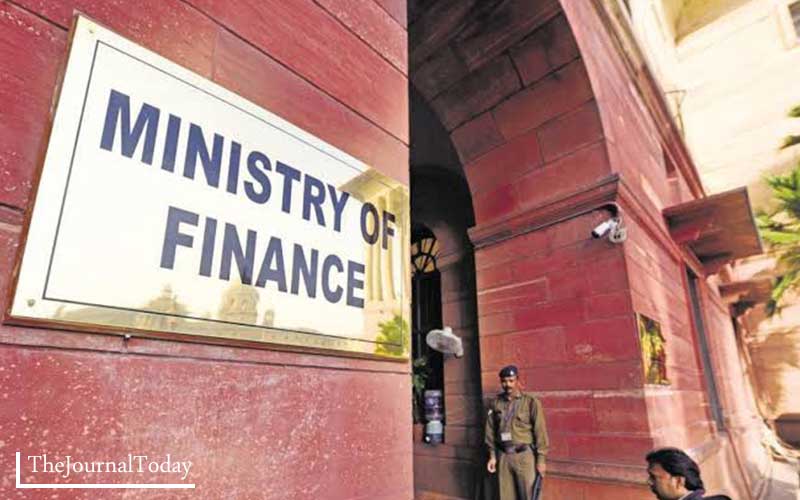After the result of the 2018 Karnataka state elections, some anonymous donors donate expired electoral bonds worth Rs 10 crore to an unidentified political party.
A revelation has been made that the Finance Ministry has violated the rule of anti-money laundering after accepting the expired electoral bonds worth Rs 10 crore from some anonymous donors. The donation was made to an unidentified political party, or parties, soon after the May 2018 Karnataka state elections resulted in a hung assembly.
The decision was taken by the ministry when the holders of these bonds asked the State Bank of India to accept the expired bonds.
As per the documents reviewed by HuffPost India, all these bonds were purchased by the donors because Prime Minister Narendra Modi’s Office illegally asked the Finance Ministry to break their own rules and accept the expired bonds. The ministry opened a “special” 10-day window for them days before Karnataka went to polls.
The document that was obtained by transparency activist Commodore Lokesh Batra (Retd) under RTI did not mention the names of the donors and the political parties that were permitted to accept this set of expired bonds.
The acceptance of these expired bonds by the bank on the direction of the PMO and the Ministry has clearly shown that why the Reserve Bank of India, the Election Commission of India, opposition parties, transparency activists, and election watchdogs such as the Association for Democratic Reforms have opposed these bonds.
Going by the records, it is worth noting that the Bhartiya Janta Party has garnered 95% of the money donated through the first tranche of electoral bonds.
At present, the Supreme Court of India is hearing a petition on the legality of electoral bonds. On Thursday, the lawmakers of the opposition interrupted Parliament to demand a debate on electoral bonds as PM Modi, who was also present in the House, looked insensitively into the middle distance.
